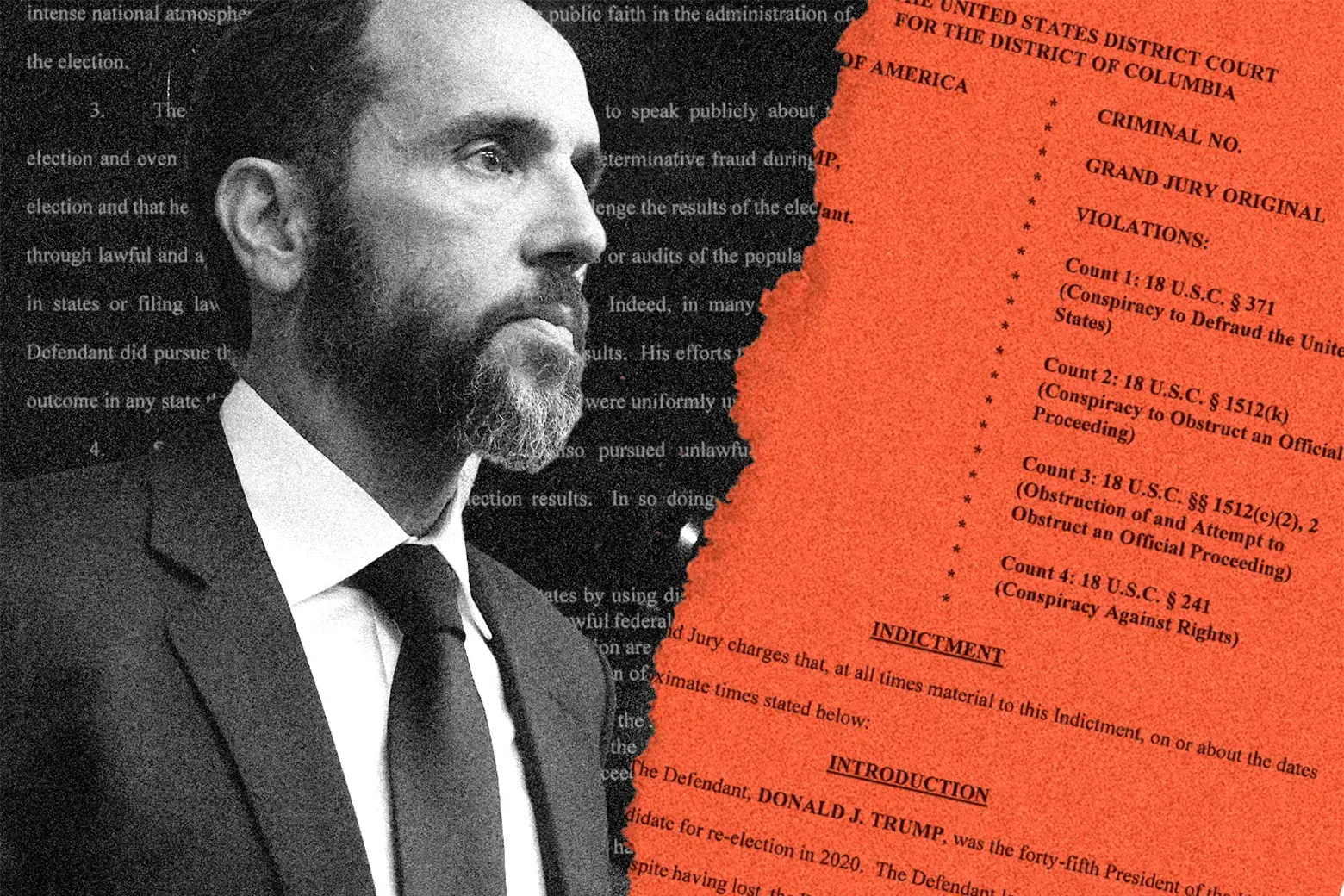The indictment against former President Donald Trump for his role in attempting to overturn the 2020 election results is the most important case in U.S. history, according to the author. The indictment alleges that Trump conspired to make false claims of election fraud and used those claims in an attempt to steal the election through pressuring state officials and interfering with Congress’ certification of the electoral votes. If convicted, it would deter future would-be authoritarians from attempting to subvert elections. However, Trump may argue that he honestly believed the election was stolen, and assert First Amendment defenses. Still, the risks of not prosecuting Trump for undermining democracy are greater than the risks of prosecution. The outcome of this case will greatly influence whether the U.S. remains a democracy after 2024.



Weak charges. Every flimsy indictment only galvanizes MAGA and vindicates Trump’s bloviating about the deep state. Hell raise 100 million dollars off this.
Irrelevant. An impartial grand jury decided he should be charged. It’s not about whether it’s advantageous to him politically, it’s about law and order.
They chickened out and didn’t charge sedition. Now he can still run, weak charges are worse than no charges.
Did they? Or did the available evidence and applicable case law not support sedition charges?
Insurrection is sedition???
The question is whether it can be proven beyond a reasonable doubt to the letter of the law.
Well conspiracy charges are laughably vague and afaik conviction doesn’t bar him from running. So what’s the point? We are handing him the WH… again
I just told you what the point is. It has nothing to do with his 2024 campaign, nor should it. Would be pretty fucked up if it did.
Lol. Insist on your tidy fantasy if you must. Everybody else is getting comfy with real politique.
Username checks out
This is the reality. The best thing everyone including the doj could have done is stop even acknowledging his existence. Things like this are just fanning the MAGA flame.
Right, Trump will definately just go away if you cover your eyes and plug your ears…
Nope we need to stop this shit now. Letting him go only emboldens the next person who wants to do it.
Exactly this.
Anyone carefully read the history of the Roman Republic as it transitioned to dictatorship? All the democratic republican functions that set the foundation for governance still existed after the changeover. What was different was where the center of power lay. Sully pointed the way. Caesar learned from this (not enough, though). Octavius put it all together and, get this, Italy for 1700 years was not a democratic republic.
This is the cautionary tale that Americans could learn from. Alas, anyone who thinks or studies or does any manner of research is considered “elitist” and is quickly dismissed. Ignorance is no excuse, but it, apparently, is a state of being for too many Americans.
Maybe allowing the next person with his strength and without his weaknesses to succeed where he failed.
Every dollar he spends on defense lawyers is one he doesn’t spend on campaign ads